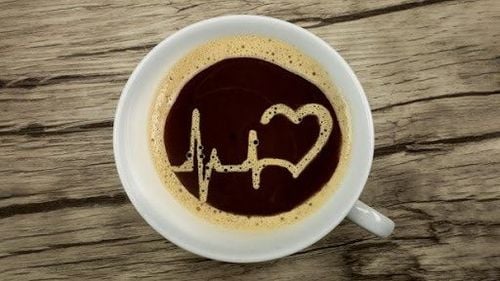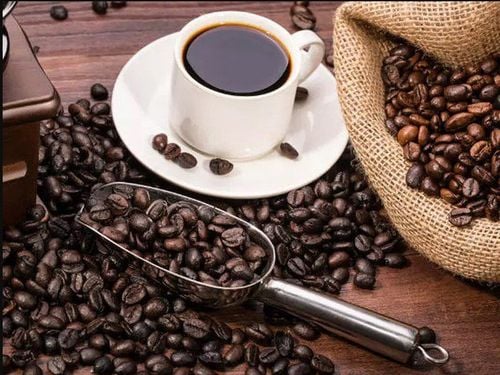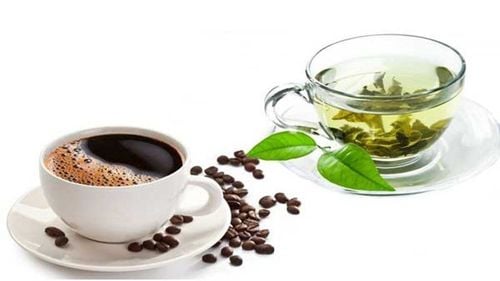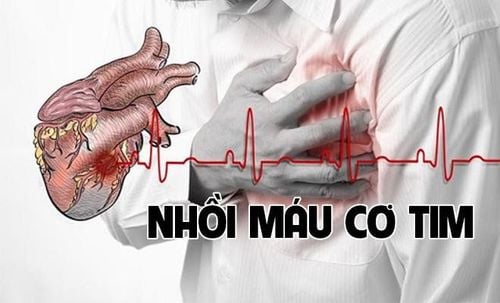Nowadays, people are familiar with a variety of foods and beverages containing caffeine in the market. Although caffeine is a natural stimulant, some studies suggest that caffeine inhibits the absorption of iron, which is very essential for humans. To ensure the effectiveness of iron supplements, we should learn how coffee and other foods inhibit iron absorption.
1. Is caffeine in coffee associated with the decrease in iron absorption?
Some studies have shown that coffee and other beverages containing caffeine can cause poor iron absorption. For example, drinking coffee with a hamburger can reduce iron absorption by up to 39%; when with bread, it reduces iron absorption by 60–90%.
Besides coffee, tea is also believed to be an iron absorption inhibitor. Drinking tea during a meal reduces iron absorption by 64%. Moreover, strong coffee or tea contains a large amount of caffeine, resulting in less iron absorbed. Some studies have also shown that: Drinking coffee regularly can also affect iron stores in the body.
However, how caffeine can affect iron absorption depends on the time you drink coffee during a day. For example, drinking coffee an hour before a meal does not affect the absorption of iron from food.
2. Is caffeine in coffee the only cause of iron absorption?
However, studies show that caffeine isn't the only reason why coffee inhibits iron absorption. In fact, it has been shown that caffeine itself only binds to about 6% of iron in a meal. This is a relatively small percentage compared to the effect of coffee on iron absorption overall. Therefore, other factors in coffee are believed to also stop the body from absorbing iron. In the result, polyphenols in coffee and tea are confirmed to have the ability to inhibit iron absorption by up to 90%. Common polyphenols are chlorogenic acid in coffee, cocoa and some herbs; tannins found in black tea coffee. Similar to caffeine, these substances bind to iron, making it difficult to absorb.
The effect of caffeine and polyphenols on inhibiting iron absorption depends on how much coffee one drinks. In one study, beverages containing 20–50 mg of polyphenols per serving inhibit iron absorption from meals by 50–70%. Meanwhile, beverages containing 100-400 mg of polyphenols per serving inhibit iron absorption from food by 60–90%. In another study, consuming 5 mg of tannin with a meal inhibited iron absorption by 20%, while for 25 mg of tannin, it was 67% and for 100 mg, it was 88%.
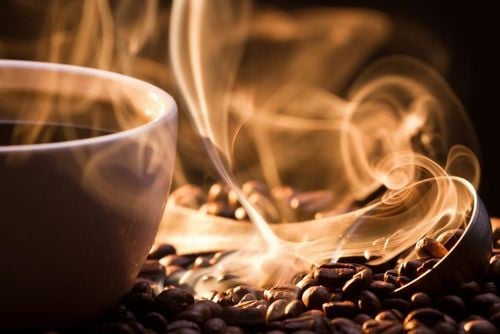
3. The effect of coffee on the absorption of plant-based and animal-based iron
Iron absorption is complex and influenced by many different factors. Studies have shown that the type of iron absorption inhibition by coffee also varies depending on which food we take iron from.
Iron in food comes in 2 forms: heme iron and non-heme. Heme iron is often found in animal-based foods such as meat, poultry, and seafood. In contrast, non-heme is mainly found in plant-based foods and is relatively unstable. The body absorbs 15-35% of heme iron, while only 2% to 20% of non-heme iron is absorbed under optimal conditions. This is because heme iron is absorbed wholly and is not affected by any other factors in the diet.
The results when evaluating the inhibitory effect of caffeine on 2 forms of iron absorption showed that: coffee and caffeinated beverages have little effect on the absorption of heme iron but the ability to inhibit heme iron absorption is relatively strong.
4. What to do to limit the inhibition of iron absorption?
Although coffee in general and caffeine can inhibit iron absorption. However, many studies show iron deficiency is not caused solely by it in healthy people. However, people at risk of iron deficiency should not drink a lot of coffee and tea to ensure the body absorbs iron effectively through nutritional supplements with daily food.
Population groups at risk of iron deficiency are women of reproductive age, infants and young children, people with diets that can cause nutrient shortcomings such as vegetarians and people with a medical condition, people with digestive diseases such as inflammatory bowel disease. Below are advices from experts to limit the inhibition of iron absorption by coffee and caffeinated beverages:
- Drink coffee or tea, drink between meals and at least one hour after eating;
- Increase foods containing heme iron through meat, poultry, or seafood
- Supplement vitamin C to increase iron absorption;
- Do not eat calcium-rich foods and fiber-rich foods like whole grains at the same time with iron-rich foods.
To arrange an appointment, please call … or make your reservation directly HERE. You may also download the MyVinmec app to schedule appointments faster and manage your reservations more conveniently.
References: pubmed.ncbi.nlm.nih.gov, healthline.com




